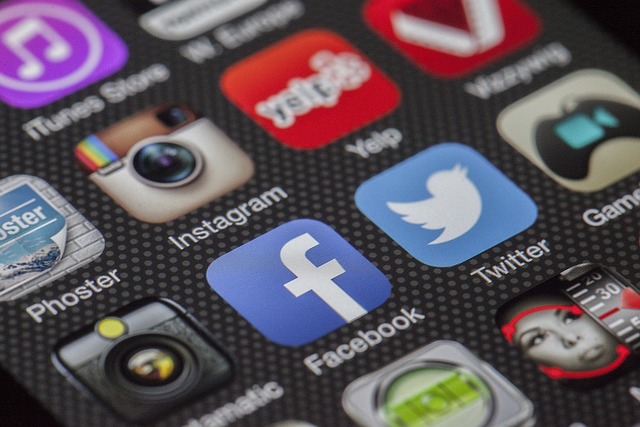 Introduction
Introduction
There is no question that social media provides an easily accessible platform for connecting with people, building relationships, sharing ideas, and expanding businesses. All positive things, right?
Have you ever stopped to think however how your social media activity can be used against you? Here are a few ways your social networking information is being used and more importantly, by whom.
Cybercriminals
Social media is a fertile ground for cyber criminals that are searching for unsuspecting victims. Cybercrime refers to any criminal activity perpetrated via a computer or the internet.
Putting social media and cybercrime together results in cybercriminals using social media profile data to take over accounts via credential stuffing or brute-forcing, crafting successful social engineering scams, and committing identity theft. According to Verizon’s 2022 DBIR report, between 2018 and 2021, financial fraud committed via social media increased by 83%.
Employers
It is naïve to think that a prospective employer would not leverage public social media as part of their hiring process. Employers frequently scan social media to determine job candidates’ suitability for a job. In fact, 9 in 10 employers look at prospective employees’ social media before hiring them, and almost 8 in 10 have denied a job to a candidate because of “inappropriate” social media content. Some employers may even fire workers for the things they say on social media.
Data sharing
Social media sites can and do share user data with third parties, like advertisers. Data brokers and people search sites may also crawl public social media profiles to compile detailed reports about individuals. People can gain a clear idea of your attitudes by who you follow on social media. If it is your desire to broadcast that and you are OK with that, then fine. I am not interested in being part of the mechanism whereby people are economically targeted because information was disclosed that did not need to be disclosed.
Let us also not forget Clearview AI, the controversial facial recognition company that scraped billions of images from social media to build an app that could identify pretty much anyone.
Clearview has been used by law enforcement and criminals alike to obtain face recognition data on people for targeting.
Law enforcement
Officials have been monitoring social media activity ever since the days of MySpace. According to a report by the International Association of Chiefs of Police and Urban Institute, 70% of officers find social media a great tool for intelligence gathering. A prime example of this was thanks to his Facebook status, the FBI was able to locate the fugitive Maxi Sopo. Law enforcement may also use social media to identify protesters. Recently, the Department of Homeland Security was also sued for its obscure social media monitoring practices and the role these practices may have played in denying immigration attempts.
QPC Security’s view on social media
At QPC Security, we value and practice operational security to the point that we go the extra mile to protect our own security. Often, and certainly true with large organizations, there is an unspoken ‘requirement’ that you become a marketing and sales tool for the organization. You are encouraged to share your work experiences and company news via social media such as LinkedIn and Twitter. You, in effect, become a marketing channel for the organization. In a lot of cases, it is a condition of your employment that you allow the employer to post a photo and profile of you on the public-facing website.
At QPC Security, we have an opposite philosophy on this. We do not publish your photos, bios, or interests on our website or collateral. We know that hackers can scan websites and social profiles and use that information for spear phishing and password cracking activities. Security starts with us and our team.
To learn more about keeping your private information secure and keeping cybercriminals away from your business, contact us here today or call us at 262-553-6510.
